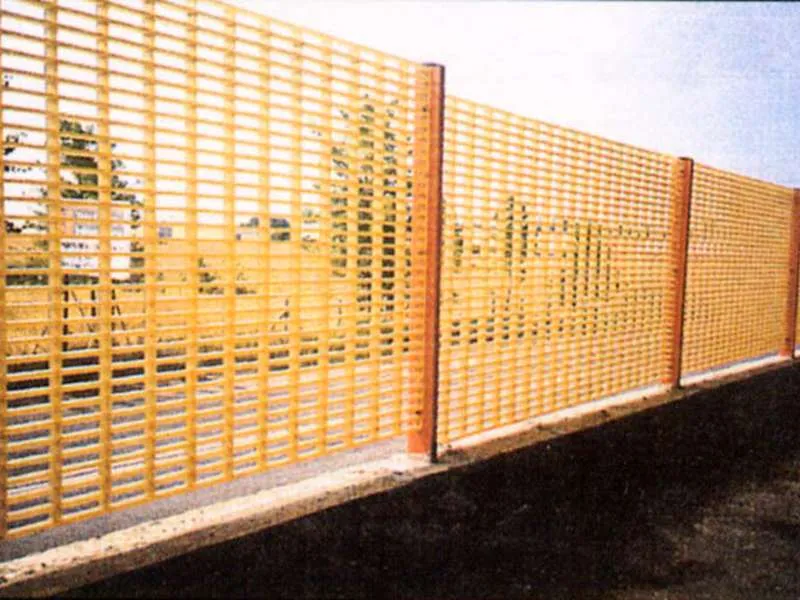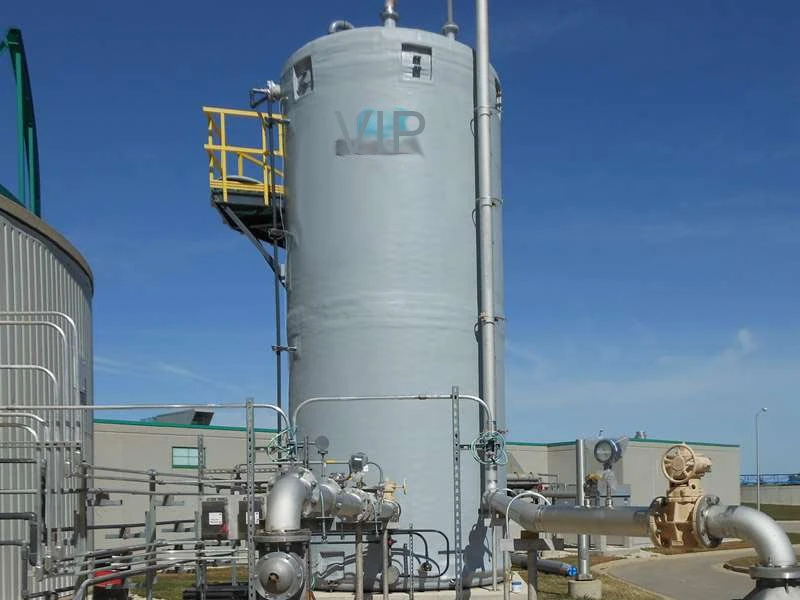
-
 Afrikaans
Afrikaans -
 Albanian
Albanian -
 Amharic
Amharic -
 Arabic
Arabic -
 Armenian
Armenian -
 Azerbaijani
Azerbaijani -
 Basque
Basque -
 Belarusian
Belarusian -
 Bengali
Bengali -
 Bosnian
Bosnian -
 Bulgarian
Bulgarian -
 Catalan
Catalan -
 Cebuano
Cebuano -
 China
China -
 China (Taiwan)
China (Taiwan) -
 Corsican
Corsican -
 Croatian
Croatian -
 Czech
Czech -
 Danish
Danish -
 Dutch
Dutch -
 English
English -
 Esperanto
Esperanto -
 Estonian
Estonian -
 Finnish
Finnish -
 French
French -
 Frisian
Frisian -
 Galician
Galician -
 Georgian
Georgian -
 German
German -
 Greek
Greek -
 Gujarati
Gujarati -
 Haitian Creole
Haitian Creole -
 hausa
hausa -
 hawaiian
hawaiian -
 Hebrew
Hebrew -
 Hindi
Hindi -
 Miao
Miao -
 Hungarian
Hungarian -
 Icelandic
Icelandic -
 igbo
igbo -
 Indonesian
Indonesian -
 irish
irish -
 Italian
Italian -
 Japanese
Japanese -
 Javanese
Javanese -
 Kannada
Kannada -
 kazakh
kazakh -
 Khmer
Khmer -
 Rwandese
Rwandese -
 Korean
Korean -
 Kurdish
Kurdish -
 Kyrgyz
Kyrgyz -
 Lao
Lao -
 Latin
Latin -
 Latvian
Latvian -
 Lithuanian
Lithuanian -
 Luxembourgish
Luxembourgish -
 Macedonian
Macedonian -
 Malgashi
Malgashi -
 Malay
Malay -
 Malayalam
Malayalam -
 Maltese
Maltese -
 Maori
Maori -
 Marathi
Marathi -
 Mongolian
Mongolian -
 Myanmar
Myanmar -
 Nepali
Nepali -
 Norwegian
Norwegian -
 Norwegian
Norwegian -
 Occitan
Occitan -
 Pashto
Pashto -
 Persian
Persian -
 Polish
Polish -
 Portuguese
Portuguese -
 Punjabi
Punjabi -
 Romanian
Romanian -
 Russian
Russian -
 Samoan
Samoan -
 Scottish Gaelic
Scottish Gaelic -
 Serbian
Serbian -
 Sesotho
Sesotho -
 Shona
Shona -
 Sindhi
Sindhi -
 Sinhala
Sinhala -
 Slovak
Slovak -
 Slovenian
Slovenian -
 Somali
Somali -
 Spanish
Spanish -
 Sundanese
Sundanese -
 Swahili
Swahili -
 Swedish
Swedish -
 Tagalog
Tagalog -
 Tajik
Tajik -
 Tamil
Tamil -
 Tatar
Tatar -
 Telugu
Telugu -
 Thai
Thai -
 Turkish
Turkish -
 Turkmen
Turkmen -
 Ukrainian
Ukrainian -
 Urdu
Urdu -
 Uighur
Uighur -
 Uzbek
Uzbek -
 Vietnamese
Vietnamese -
 Welsh
Welsh -
 Bantu
Bantu -
 Yiddish
Yiddish -
 Yoruba
Yoruba -
 Zulu
Zulu
Feb . 12, 2025 11:26
Back to list
frp insulated storage vessel
The use of FRP (Fiber Reinforced Plastic) insulated storage vessels has significantly transformed various industries by providing a durable, reliable, and efficient solution for storing both liquids and gases. In today's fast-paced industrial environment, the demand for materials that combine strength with lightness, and durability with cost-effectiveness, is critical. FRP insulated storage vessels offer a modern solution that caters to these needs while ensuring sustainability and efficiency in operations.
From an authoritative standpoint, manufacturers of FRP insulated storage vessels have incorporated decades of research and innovation into their production processes. Collaborations with leading material scientists and engineers have led to continuous improvements in the fiber reinforcement used in these vessels, enhancing their strength and performance. Customers can trust these products due to the rigorous testing and quality assurance protocols that each vessel undergoes. Certifications by recognized industry bodies further validate their credibility and ensure compliance with international safety and quality standards. Trust in FRP technology is bolstered by numerous case studies and testimonials from industry leaders who have transitioned to FRP vessels with substantial operational benefits. These include reduced downtime due to maintenance, lower long-term operational costs, and enhanced safety measures owing to the non-reactive nature of FRP materials with most stored substances. Clients from sectors such as wastewater management have reported significant improvements in containment and environmental protection, showcasing the practical benefits of adopting FRP solutions. In terms of customization, FRP insulated storage vessels offer versatility that is hard to match. Manufacturers can tailor these vessels to meet specific industry requirements, including size, shape, and specific internal coatings based on the type of material being stored. This customized approach ensures that clients receive a product that fits their unique operational needs and integrates seamlessly into existing systems. For industries prioritizing sustainability, FRP vessels are a forward-thinking choice. The materials used can be recycled, and their long life span reduces the frequency of replacements, naturally leading to a reduced environmental footprint. As companies strive to meet global sustainability goals and reduce their carbon emissions, adopting FRP technology provides an innovative pathway to achieving greener operations. In conclusion, FRP insulated storage vessels represent a fusion of experience, expertise, and trustworthiness in product design and industrial application. The benefits they provide — from outstanding corrosion resistance and thermal insulation to lightweight construction and sustainable practices — position them as an authoritative solution for modern storage needs. As industries continue to evolve and prioritize efficiency, durability, and environmental stewardship, the role of FRP technology will undoubtedly expand, setting new standards and driving unprecedented advancements.


From an authoritative standpoint, manufacturers of FRP insulated storage vessels have incorporated decades of research and innovation into their production processes. Collaborations with leading material scientists and engineers have led to continuous improvements in the fiber reinforcement used in these vessels, enhancing their strength and performance. Customers can trust these products due to the rigorous testing and quality assurance protocols that each vessel undergoes. Certifications by recognized industry bodies further validate their credibility and ensure compliance with international safety and quality standards. Trust in FRP technology is bolstered by numerous case studies and testimonials from industry leaders who have transitioned to FRP vessels with substantial operational benefits. These include reduced downtime due to maintenance, lower long-term operational costs, and enhanced safety measures owing to the non-reactive nature of FRP materials with most stored substances. Clients from sectors such as wastewater management have reported significant improvements in containment and environmental protection, showcasing the practical benefits of adopting FRP solutions. In terms of customization, FRP insulated storage vessels offer versatility that is hard to match. Manufacturers can tailor these vessels to meet specific industry requirements, including size, shape, and specific internal coatings based on the type of material being stored. This customized approach ensures that clients receive a product that fits their unique operational needs and integrates seamlessly into existing systems. For industries prioritizing sustainability, FRP vessels are a forward-thinking choice. The materials used can be recycled, and their long life span reduces the frequency of replacements, naturally leading to a reduced environmental footprint. As companies strive to meet global sustainability goals and reduce their carbon emissions, adopting FRP technology provides an innovative pathway to achieving greener operations. In conclusion, FRP insulated storage vessels represent a fusion of experience, expertise, and trustworthiness in product design and industrial application. The benefits they provide — from outstanding corrosion resistance and thermal insulation to lightweight construction and sustainable practices — position them as an authoritative solution for modern storage needs. As industries continue to evolve and prioritize efficiency, durability, and environmental stewardship, the role of FRP technology will undoubtedly expand, setting new standards and driving unprecedented advancements.
Next:
Related Products









